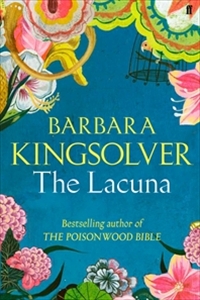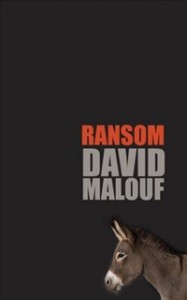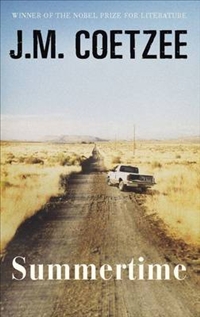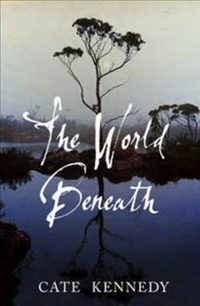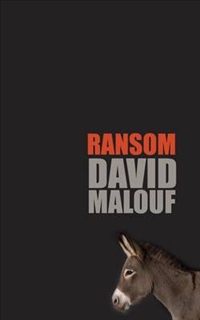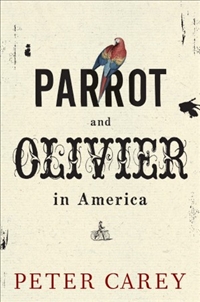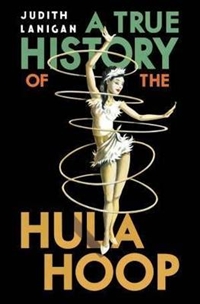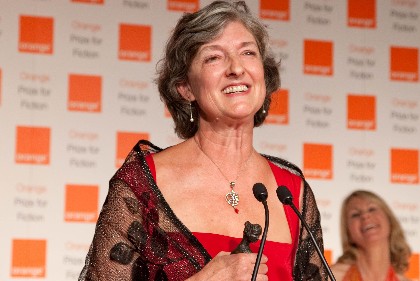 At least for Barbara Kingsolver whose latest novel The Lacuna has won the 2010 Orange Prize for fiction by women. The prize is awarded to “the woman who, in the opinion of the judges, has written the best, eligible full-length novel in English”.
At least for Barbara Kingsolver whose latest novel The Lacuna has won the 2010 Orange Prize for fiction by women. The prize is awarded to “the woman who, in the opinion of the judges, has written the best, eligible full-length novel in English”.
The prize website says “excellence, originality and accessibility in women’s writing from throughout the world” are the criteria and the winner receives £30,000.
The judges say they chose The Lacuna because “it is a book of breathtaking scale and shattering moments of poignancy.”
As I recall the reviews of The Lacuna were not wholeheartedly favourable with the Guardian’s reviewer Alice O’Keeffe being typical. She writes the “lack of a convincing narrator leaves The Lacuna rather rootless. While The Poisonwood Bible was equally ambitious in scope, it kept its focus small and tight… in The Lacuna, Kingsolver allows history to dictate the characters, rather than the other way around”.
Obviously the Orange Prize judges disagreed.
Like a lot of other readers, I loved The Poisonwood Bible which is set in the Congo. It is consistently up there on the “favourite reads” lists but something about the hotchpotch nature of The Lacuna and the device of gaps in knowledge and the use of notebooks turned me off.
I also doggedly tried to read Kingsolver’s last non-fiction book Animal, Vegetable, Miracle about her family trying to survive on only locally produced food and goods in rural Virginia. Books about making do under constraints I love but something about the hokey Americanism, the one-big-happy-familyness, forced me to give up before I was half way through.
I quite like the cover for The Lacuna but what does it signify? It reminded me of the cover for Margaret Atwood’s The Year of the Flood (which I didn’t like – the cover, I enjoyed the book) with its entwining flowers, leaves and vines. Perhaps these author’s names sell their books alone and any obvious representational graphic on the cover would only get in the way??


